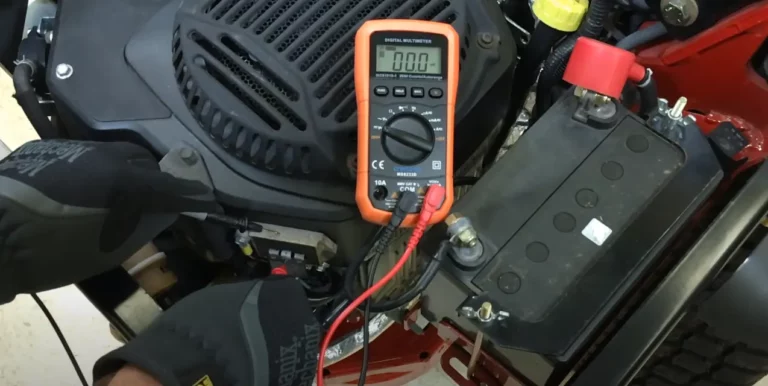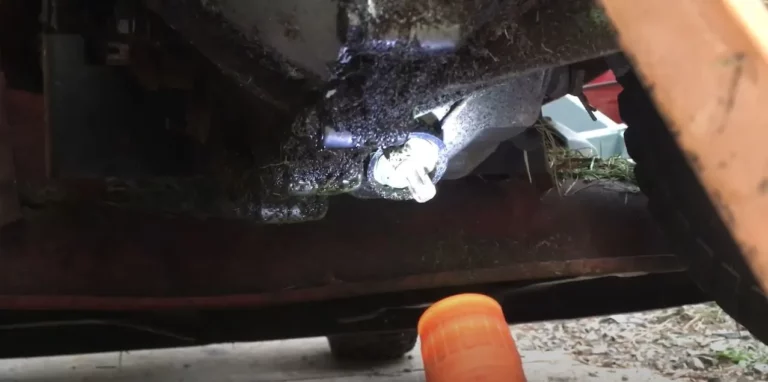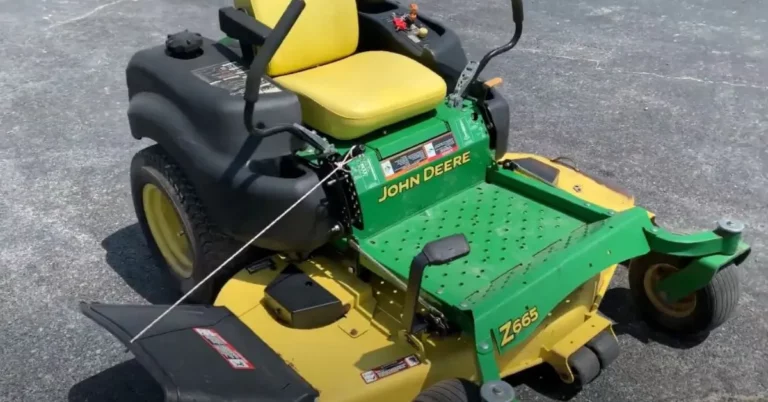List of Kubota M7060 Problems – Fix The Problems With This Guide
Are you facing Kubota M7060 Problems? Don’t worry. The Kubota tractor family is known to have several problems after a year of use or so.
As reported by Kubota users, the most common issues include engine performance problems, hydraulic system malfunctions, electrical system failures, and transmission issues.
Understanding and addressing these problems promptly is crucial for maintaining the tractor’s optimal performance and longevity.
In this article, I’ll walk you through each of these problems, explaining the cause and how to fix them and have your Kubota M7060 running just as well as it did the day you bought it.
Let’s get started.
4 Common Kubota M7060 Problems
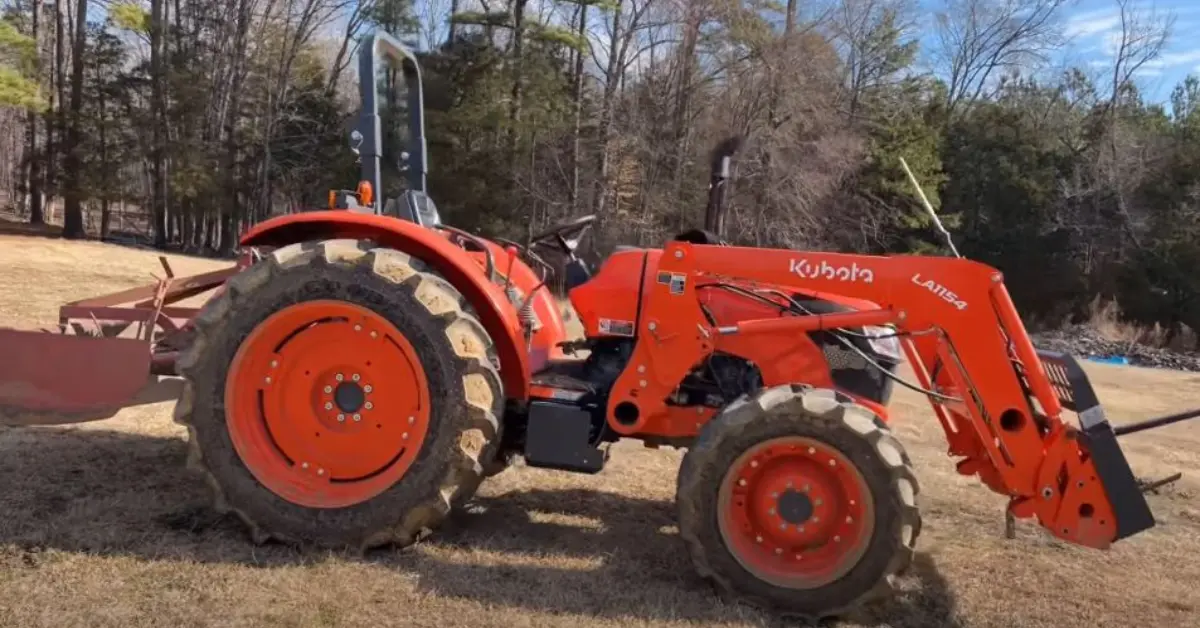
1. Engine Starting Issues
One of the most frequent issues that Kubota M7060 owners may need help with is difficulty in starting the engine.
Let’s go over some potential causes and solutions for issues with engine starting.
Causes
- A weak or discharged battery can hinder the engine from starting properly. It may result from a faulty battery, loose connections, or extended periods of inactivity.
- A malfunctioning starter motor can prevent the engine from cranking properly. It may be due to a worn-out motor, damaged solenoid, or electrical issues.
- Issues with the ignition system, such as a faulty ignition switch, damaged ignition coil, or worn-out spark plugs, can lead to engine starting difficulties.
Solutions
- Ensure that the battery cables are securely connected to the terminals and there is no corrosion or buildup.
- If you have one, use a multimeter or have the battery tested to determine its health. The battery may need to be replaced if it is weak or damaged.
- Look for any damage, broken connections, or signs of wear on the starter motor and solenoid.
- Using a voltmeter or getting professional help, determine if the starter motor is receiving power and functioning correctly.
- If the starter motor is faulty, repair or replace it as you find it necessary.
- Inspect the ignition switch, ignition coil, and spark plugs for visible damage or wear.
- If the spark plugs are worn or covered in carbon deposits, clean or replace them according to the manufacturer’s recommendations.
2. Hydraulic System Malfunctions
Hydraulic system malfunctions in Kubota M7060 tractors can reduce performance and functionality.
Let’s go over some common problems and their solutions related to hydraulic system malfunctions.
Causes
- Insufficient hydraulic fluid can result in poor system performance and cause issues like slow or weak hydraulic operation.
- Contaminants like dirt, debris, or water can enter the hydraulic system, affecting its performance and causing problems like erratic operation or component damage.
- Accumulated debris or a malfunctioning hydraulic filter can restrict fluid flow, leading to reduced hydraulic power and sluggish operation.
Solutions
- Ensure that the hydraulic fluid reservoir is filled to the recommended level. For information on the proper fluid type and filling procedure, study the tractor’s operator manual.
- Look for any visible signs of hydraulic fluid leaks, like puddles or wet spots. If you see some leaks, repair or replace the damaged components.
- Follow the manufacturer’s way to drain and replace the old hydraulic fluid with clean, recommended fluid. This helps remove contaminants and ensures optimal system performance.
- In order to keep contaminants from entering the system, install and frequently replace hydraulic filters. Consult the operator manual for filter specifications and replacement intervals.
- Regularly inspect hydraulic filters for clogs, damage, or excessive dirt accumulation. Clean or replace filters as needed to maintain proper fluid flow.
3. Transmission Issues
The transmission is an important part that enables the engine to send power to the wheels. Transmission issues can cause erratic operation, loss of power, or difficulty in shifting gears.
Let’s go over some common transmission problems and their solutions.
Causes
- More or contaminated transmission fluid can lead to improper lubrication, shifting difficulties, slippage, or other transmission-related issues.
- Over time, the clutch assembly, disc, or pressure plate can wear out, leading to slipping or failure to engage properly.
- Malfunctioning or damaged components within the transmission system, such as gears and shift forks, can cause problems like grinding, popping out of gear, or difficulty shifting.
Solutions
- Ensure that the transmission fluid level is within the recommended range. If low, top it up with the appropriate fluid, as mentioned in the manufacturer’s guidelines in the manual.
- If the fluid appears dirty, contaminated or has exceeded its recommended service life, drain it and replace it with the fresh, recommended fluid.
- If you experience clutch slippage or engagement issues, have the clutch assembly looked at by a qualified technician? Replace worn or damaged components as necessary.
- Contact a professional technician to diagnose and repair the specific component or system if internal transmission problems are suspected, such as gear-related issues or difficulty shifting.
4. Electrical System Failures
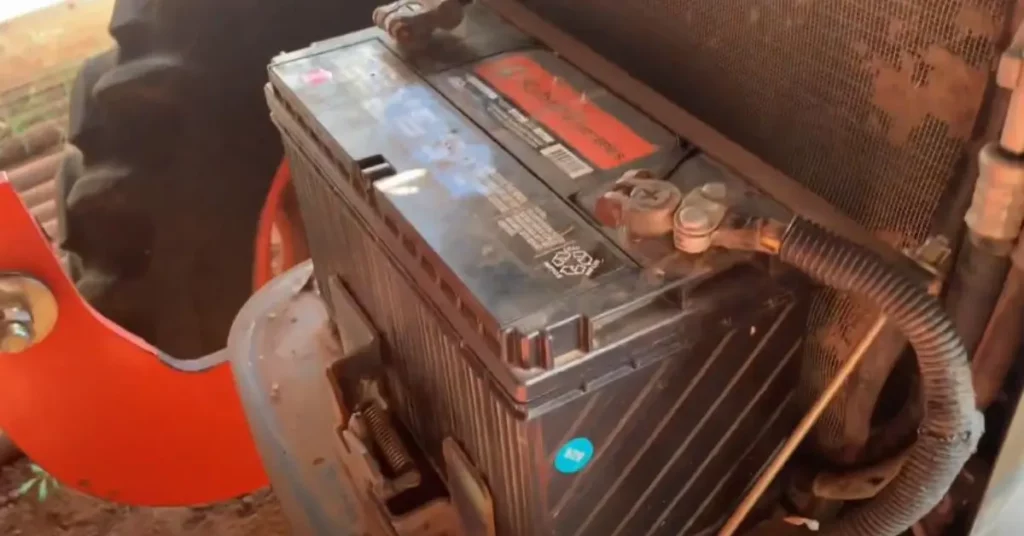
The electrical system is vital in powering the tractor’s components and ensuring proper operation. Failures in the electrical system may result in difficulties starting, broken lights, or even unresponsive controls.
Let’s go over some common electrical system problems and their solutions.
Causes
- A weak or dead battery may make the tractor impossible to start or may result in electrical issues.
- Loose or corroded electrical connections can disrupt the flow of electricity and result in temporary or non-functional electrical components.
- Damaged or faulty wiring harnesses, switches, or relays can cause electrical malfunctions or complete system failures.
Solutions
- Ensure the battery is fully charged and functioning correctly. Clean and tighten the battery terminals and connections.
- Regularly inspect and clean all electrical connections. This includes those at the battery, starter, alternator, and switches. Replace any corroded or damaged connectors.
- If specific electrical components are not functioning correctly, such as lights, controls, or switches, test them with a multimeter. Replace any defective components found during testing.
- Examine the wiring harnesses for any damage, wear, or loose connections. Repair or replace damaged wiring as necessary.
Also Read: Kubota zero turn mower problems
Maintenance Tips
To ensure the optimal performance and long-running of your Kubota M7060 tractor, it’s important to follow a couple of preventive maintenance practices.
By considering these tips in your routine, you can minimize the risk of problems and keep your tractor in top condition:
- Regularly inspect and clean the air, fuel, and oil filters to prevent clogs and ensure proper engine function.
- Check the fluid levels, including engine oil, hydraulic fluid, and coolant, and top them up as needed.
- Monitor the tire pressure and maintain it at the recommended levels to ensure proper traction and stability.
- Lubricate all moving parts, such as joints and linkages, to reduce friction and wear.
- Clean and inspect the battery terminals, ensuring they are free from corrosion and securely connected.
- Look for wear, damage, or cracks in the belts and hoses, and replace them as necessary.
- Routinely inspect the electrical connections and wiring and make sure they are safe, secure, and corrosion-free.
Frequently Asked Questions (FAQs)
Why is my Kubota M7060 experiencing electrical system failures?
Electrical system failures can occur for various reasons, including faulty batteries, loose or corroded connections, or defective wiring or switches.
These issues can disrupt the flow of electricity and result in starting problems, malfunctioning lights, or unresponsive controls.
How can I test the battery of my Kubota M7060?
You can test the battery using a multimeter set to the voltage setting. Positive (red) and negative (black) probes should be connected to the positive and negative terminals of the battery, respectively.
A battery that is fully charged should have 12.6 volts or more. If the voltage is significantly lower, it may indicate a weak or discharged battery that needs to be recharged or replaced.
Why does my Kubota M7060’s engine stall and shut down?
The engine of the Kubota M7060 can stall or shut off suddenly due to several reasons, such as fuel filter issues, clogged air filters, malfunctioning fuel injectors, or a weak battery.
To resolve this issue, you must maintain the fuel and air filters, keep the fuel injectors clean, and regularly check the battery for proper functioning.
Conclusion
Addressing engine starting issues, hydraulic system malfunctions, transmission problems, and electrical system failures are essential to maintaining the performance and reliability of your Kubota M7060 tractor.
Implementing the suggested solutions and conducting regular maintenance can overcome these problems and maximize your tractor’s capabilities.

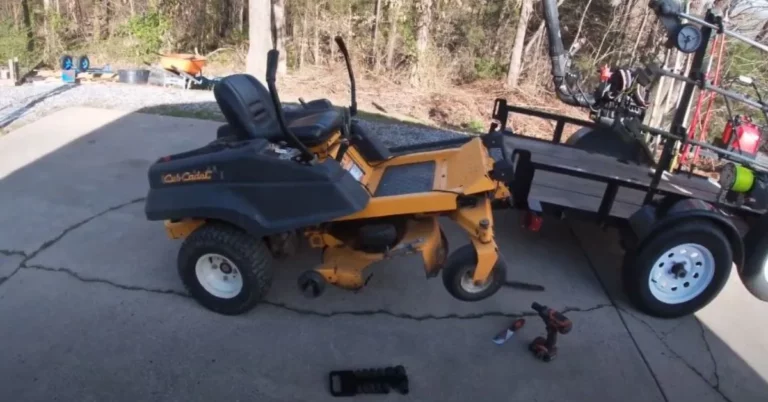
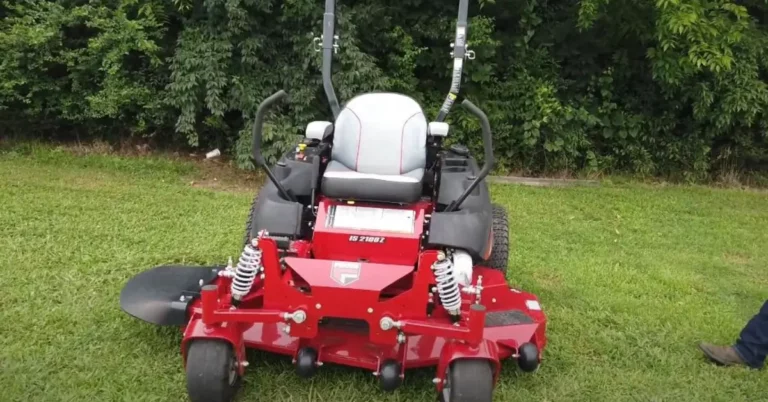
![7 Common Kubota Zero Turn Mower Problems [Fixed]](https://yardcurator.com/wp-content/uploads/2023/01/7-Common-Kubota-Zero-Turn-Mower-Problems-Fixed-768x385.webp)
